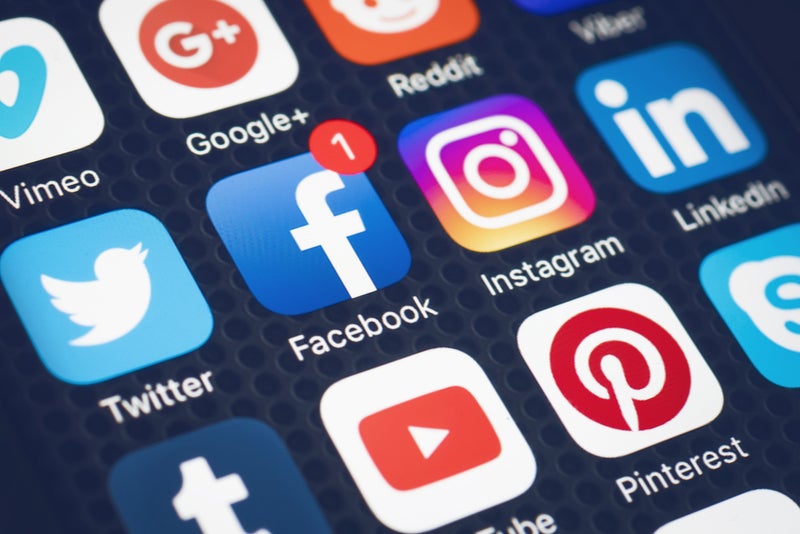Social media sites Instagram and its parent Facebook, are tightening their content standards to restrict advertisements and posts from influencers and other users who peddle weight loss and cosmetic procedures to teenagers.
Mental health experts have long been alarmed by the negative impact of social media content on women’s body images. Research shows that teenagers are particularly vulnerable to messaging that promotes dramatic improvements in beauty. Experts say these messages can be particularly compelling when delivered by a popular influencer or even a peer the young user admires.
In September, the two social media giants disclosed a policy change that aims to prohibit the distribution of content to users under the age of 18 that promotes the sale of weight loss products or even mentions or depicts a weight loss product or supplement. This content, which often makes bold claims about dramatic results with minimal scientific backing, has been linked to several negative impacts on users.
A 2015 article published in the New England Journal of Medicine found that approximately 23,000 emergency room visits in the United States were the result of an adverse effect from a dietary supplement.
More broadly, Facebook and Instagram said platform users should not post any content aimed at anyone of any age that promotes “weight loss products that include a miracle claim with a commercial offer.”
However, social media companies did not stipulate what exactly constitutes ‘a miracle claim’.
How well do you really know your competitors?
Access the most comprehensive Company Profiles on the market, powered by GlobalData. Save hours of research. Gain competitive edge.

Thank you!
Your download email will arrive shortly
Not ready to buy yet? Download a free sample
We are confident about the unique quality of our Company Profiles. However, we want you to make the most beneficial decision for your business, so we offer a free sample that you can download by submitting the below form
By GlobalDataFacebook and Instagram’s move to restrict posts marketing dietary supplements was also well-received by nutritionists with general concerns about the use and misuse of weight loss products that are subject to little or no regulation. The negative effects of pervasive beauty and weight loss messaging on social media is not confined to teenagers. Research published in the academic New Media & Society in 2017 drew a strong correlation between the escalating amount of time women between the ages of 18 and 25 spend on Instagram with greater self-objectification and negative body images.
Policy in practice
While Facebook and Instagram’s policy updates have won praise from many sectors, there are many questions about enforcement. At the moment weight loss and cosmetic procedure advertising on the platform is greyed out, requiring the user opt-in when asked if they are over 18. However, carefully-worded advertisements can circumnavigate the platforms’ controls.
It is also unclear how the social media sites are monitoring posts from beauty and wellness industry influencers, though a Washington Post article on the policy update quoted Dr Ysabel Gerrard, a lecturer in digital media at the University of Sheffield in England as saying: “there will be guidelines for human moderators to identify restricted content.”
While these particular policy updates may do little to quell vigorous promotional campaigns for sometimes dubious products, the awareness it raises could keep at least some of the most dangerous content away from teens vulnerable to the influencer culture. The changes do at least demonstrate that Facebook and Instagram are waking up to the role they play in shaping society, for better or worse.
Related Report









Related Company Profiles
Meta Platforms Inc